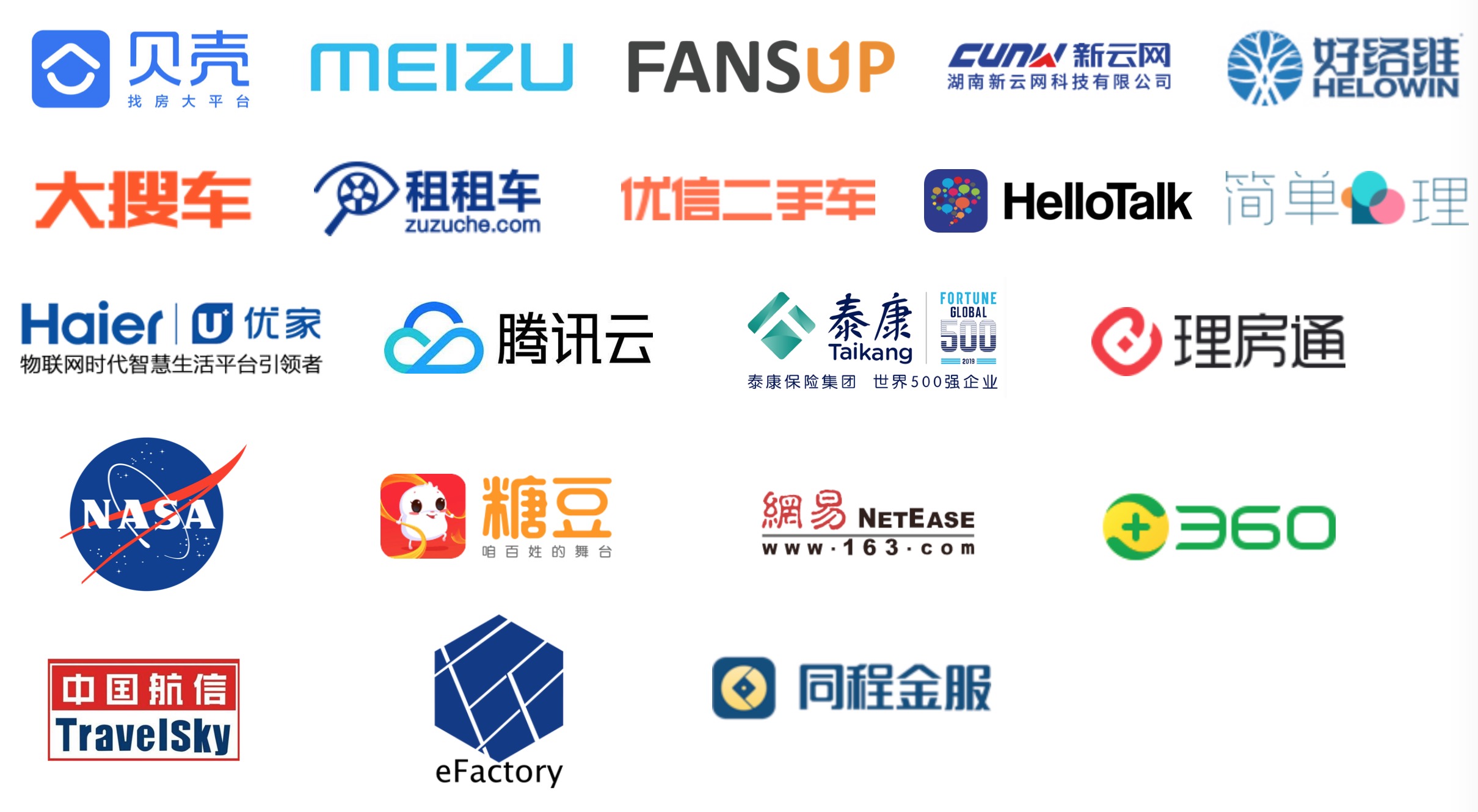同步操作将从 iresty/Apache APISIX 强制同步,此操作会覆盖自 Fork 仓库以来所做的任何修改,且无法恢复!!!
确定后同步将在后台操作,完成时将刷新页面,请耐心等待。

APISIX is a cloud-native microservices API gateway, delivering the ultimate performance, security, open source and scalable platform for all your APIs and microservices.
APISIX is based on Nginx and etcd. Compared with traditional API gateways, APISIX has dynamic routing and plug-in hot loading, which is especially suitable for API management under micro-service system.
If you are building a website, mobile device or IoT (Internet of Things) application, you may need to use an API gateway to handle interface traffic.
APISIX is a cloud-based microservices API gateway that handles traditional north-south traffic and handles east-west traffic between services, and can also be used as a k8s ingress controller.
APISIX provides dynamic load balancing, authentication, rate limiting, other plugins through plugin mechanisms, and supports plugins you develop yourself.

You can use Apache APISIX as a traffic entrance to process all business data, including dynamic routing, dynamic upstream, dynamic certificates, A/B testing, canary release, blue-green deployment, limit rate, defense against malicious attacks, metrics, monitoring alarms, service observability, service governance, etc.
All platforms
Multi protocols
client_id, both support MQTT 3.1.*, 5.0.Full dynamic
host, uri, schema, enable_websocket, headers of the request before send to upstream.Fine-grained routing
cookie, args, etc. as routing conditions to implement canary release, A/B testing, etc.{"arg_age", ">", 24}
Security
OPS friendly
allow_admin field in conf/config.yaml to specify a list of IPs that are allowed to call the Admin API. Also note that the Admin API uses key auth to verify the identity of the caller. The admin_key field in conf/config.yaml needs to be modified before deployment to ensure security.Highly scalable
rewrite, access, header filer, body filter and log, also allows to hook the balancer stage.balancer phase.APISIX Installed and tested in the following systems(OpenResty MUST >= 1.15.8.1, or Tengine >= 2.3.2):
CentOS 7, Ubuntu 16.04, Ubuntu 18.04, Debian 9, Debian 10, macOS, ARM64 Ubuntu 18.04
Steps to install APISIX:
sudo apisix start
The getting-started guide is a good way to learn the basics of APISIX. Follow the getting started guide.
Then you can try more plugins.
APISIX has built-in support for Dashboard, as follows:
Please make sure your machine has the latest Node.js(10 or higher), or there will occur build issues.
Download the source codes of dashboard submodule:
git submodule update --init --recursive
Install yarn
Install dependencies then run build command:
cd dashboard
yarn && yarn build:prod
/dist directory to the apisix/dashboard directory,cp -r dist/* .
open http://127.0.0.1:9080/apisix/dashboard/ in the browser.
Do not need to fill the user name and password, log in directly.
The dashboard only allows 127.0.0.1 by default, and you can modify allow_admin in conf/config.yaml by yourself, to list the list of IPs allowed to access.
Using AWS's 8 core server, APISIX's QPS reach to 140,000 with a latency of only 0.2 ms.
Document Indexing for Apache APISIX
| Features | Apache APISIX | KONG |
|---|---|---|
| Dynamic upstream | Yes | Yes |
| Dynamic router | Yes | Yes |
| Health check | Yes | Yes |
| Dynamic SSL | Yes | Yes |
| L4 and L7 proxy | Yes | Yes |
| Opentracing | Yes | Yes |
| Custom plugin | Yes | Yes |
| REST API | Yes | Yes |
| CLI | Yes | Yes |
| Features | Apache APISIX | Kong |
|---|---|---|
| Belongs to | Apache Software Foundation | Kong Inc. |
| Tech Architecture | Nginx + etcd | Nginx + postgres |
| Communication channels | Mail list, Wechat group, QQ group, Github, meetup | Github, freenode, forum |
| Single-core CPU, QPS(enable limit-count and prometheus plugins) | 18000 | 1700 |
| Latency | 0.2 ms | 2 ms |
| Dubbo | Yes | No |
| Configuration rollback | Yes | No |
| Route with TTL | Yes | No |
| Plug-in hot loading | Yes | No |
| Custom LB and route | Yes | No |
| REST API <--> gRPC transcoding | Yes | No |
| Tengine | Yes | No |
| MQTT | Yes | No |
| Configuration effective time | Event driven, < 1ms | polling, 5 seconds |
| Dashboard | Yes | No |
| IdP | Yes | No |
| Configuration Center HA | Yes | No |
| Speed limit for a specified time window | Yes | No |
| Support any Nginx variable as routing condition | Yes | No |
A wide variety of companies and organizations use APISIX for research, production and commercial product, including:

Users are encouraged to add themselves to the Powered By page.


APISIX enriches the
CNCF API Gateway Landscape.
See CONTRIBUTING for details on submitting patches and the contribution workflow.
Inspired by Kong and Orange.
此处可能存在不合适展示的内容,页面不予展示。您可通过相关编辑功能自查并修改。
如您确认内容无涉及 不当用语 / 纯广告导流 / 暴力 / 低俗色情 / 侵权 / 盗版 / 虚假 / 无价值内容或违法国家有关法律法规的内容,可点击提交进行申诉,我们将尽快为您处理。